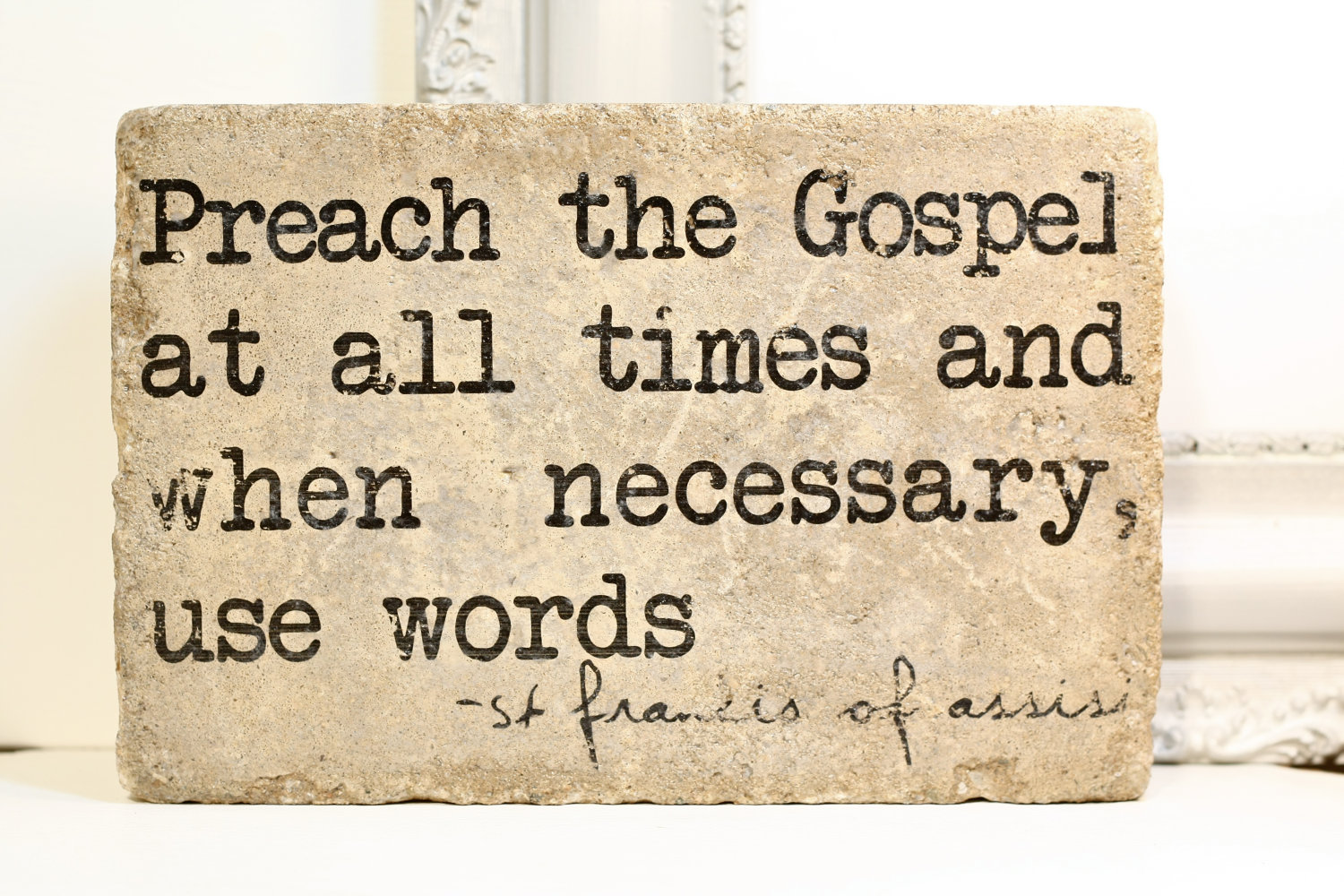"If you had a simple more personality, you'd get a better tip." - Anon.That was a message scribed beneath one of my receipts today and, frankly, I think it's a load of bull for a couple of reasons.
1. It's not my job.
As a waiter, my job is to be a chameleon. The only times I should be noticed are when I'm taking orders, delivering food, and managing payment. clearing your table, refilling your drinks, making quick checks that all is okay should be done quickly, efficiently, and discreetly. If you want to chat or otherwise engage with me, that's fine; I can be an excellent conversationalist when needed, but that's not my primary role.
Following suit, I understand that many waiters show a modicum of personality. Some are funny, garrulous, obsequious, or complimentary, but I can guarantee that these displays are not part of the job description - they are the measures we take to try to ensure a good tip. Just like the free bread (another grief for another time), we should not be expected to open up and engage like old friends. We're not. You're my customer and I'm trying to sell you enough food to make a good tip. I am no Saartjie Baartman redux, required to regale you with stories and oddities from my African childhood. Neither am I some Dickensian guttersnipe trying to beg a penny off of you with a sob story of my dreams and aspirations. I am a professional and will not be required to sell myself in such a manner.
2. I am an introvert.
That being said, sometimes I do engage with tables, but not from trying to get a tip. See, I am an introvert. I can be a functional extrovert, but I am still an introvert. Every day, I have a pool of "extrovert hours" at my disposal. such hours have grown, due to necessity, but they can still be depleted.
Working as a waiter depletes these precious hours. In a normal night, I can make it through the entire shift. However, being forced to deal with unpleasant customers, rudeness, impatience, neediness, and the like drains these hours faster than normal. Fortunately, good conversation on matters intelligent, pleasant, and entertaining slow down and, on occasion, slightly refill my pool.
So, don't be offended if I don't stop and talk. In fact, you might want to ask yourself, "Am I presenting an open, welcoming air?" That could be the reason I'm not hanging around.
In short, tip me for what I do or don't do, not for whether I act.
